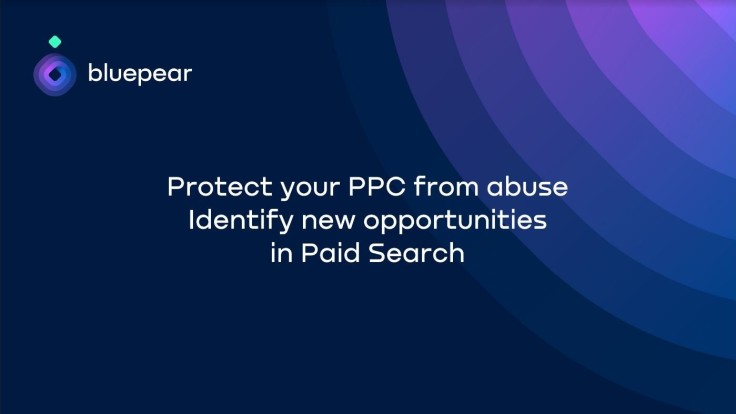In today's digital economy, affiliate marketing is one of the most powerful tools for monetizing content, especially for tech bloggers and influencers covering topics like AI, cybersecurity, gadgets, and software trends. However, as the popularity of affiliate marketing fraud continues to rise, it's more important than ever to vet these programs with the same rigor you'd apply to securing a network or evaluating a new SaaS platform.
For readers of iTechPost.com, this isn't just about protecting your revenue—it's about safeguarding your audience, maintaining brand integrity, and avoiding legal pitfalls. Just as cybersecurity professionals use layered defenses and proactive monitoring to detect threats, savvy marketers should adopt a similar mindset when choosing affiliate partnerships.
1. Start with Reputation and Transparency
The first line of defense against affiliate marketing fraud is thorough due diligence. Begin by researching the program's reputation using trusted sources:
- Check reviews on platforms like Trustpilot or SiteJabber.
- Search for news articles or forum discussions related to the company or its products.
- Look for official certifications or affiliations with recognized industry bodies like the Affiliate Fraud & Compliance Association (AFCA).
Transparency is key. A legitimate program will clearly outline its terms, commission structures, payment schedules, and data handling policies. If details are vague or buried in fine print, that's a red flag.
2. Scrutinize the Product or Service
One of the most common tactics used in affiliate marketing fraud involves promoting fake or non-existent products. Before committing to any program, take time to verify the legitimacy of what you're endorsing.
- Visit the product website directly (not through the affiliate link).
- Read customer reviews and check for contact information, return policies, and privacy statements.
- Test the product yourself if possible, or find credible third-party reviews from outlets like TechRadar or CNET.
If you're promoting a service like a cloud-based tool or app, ensure it has a solid user base and positive ratings on platforms like Gartner Peer Insights or the App Store.
3. Analyze the Tracking and Reporting Tools
Cybersecurity pros know that visibility is critical to protection. The same applies to affiliate marketing: you need full insight into how clicks, conversions, and commissions are tracked.
Look for programs that offer:
- Transparent dashboards with real-time analytics
- Detailed reports on traffic sources and conversion paths
- Clear attribution models (first-click, last-click, multi-touch)
Avoid programs that obscure tracking data or make it difficult to audit performance. These can be signs of manipulation or hidden fraud.
Also, consider using external tools like Google Analytics or UTM parameters to cross-check results and ensure there's no discrepancy between reported and actual performance.
4. Review Legal Agreements and Data Policies
Before signing up, read the fine print—especially around data privacy, cookie usage, and intellectual property rights. Legitimate programs will have clear policies aligned with regulations such as GDPR or CCPA.
Ask yourself:
- Are they transparent about how visitor data is collected and used?
- Do they allow for opt-in consent mechanisms?
- Is there a clear dispute resolution process?
You can also reference guidelines from the Federal Trade Commission (FTC) to ensure compliance with advertising laws and ethical standards.
5. Use Affiliate Fraud Detection Tools

Even the best-vetted programs can fall victim to fraud over time. That's why many tech-savvy publishers rely on specialized tools like Bluepear, which monitor branded search results, detect unauthorized bidding on keywords, and alert you to suspicious activity in real time.
These systems simulate real user behavior, bypass cloaking attempts, and provide evidence-based reports so you can act swiftly against fraudulent affiliates or deceptive practices.
Final Thoughts
Vetting an affiliate program like a cybersecurity pro means treating every opportunity as a potential risk until proven safe. By applying the principles of transparency, verification, monitoring, and proactive defense, you can protect both your income stream and your readers' trust.
Whether you're reviewing the latest smartphone or offering tutorials on Wi-Fi security, always prioritize quality over quick earnings. After all, in the world of tech blogging, your credibility is your greatest asset—and staying ahead of affiliate marketing fraud is essential to keeping it intact.










